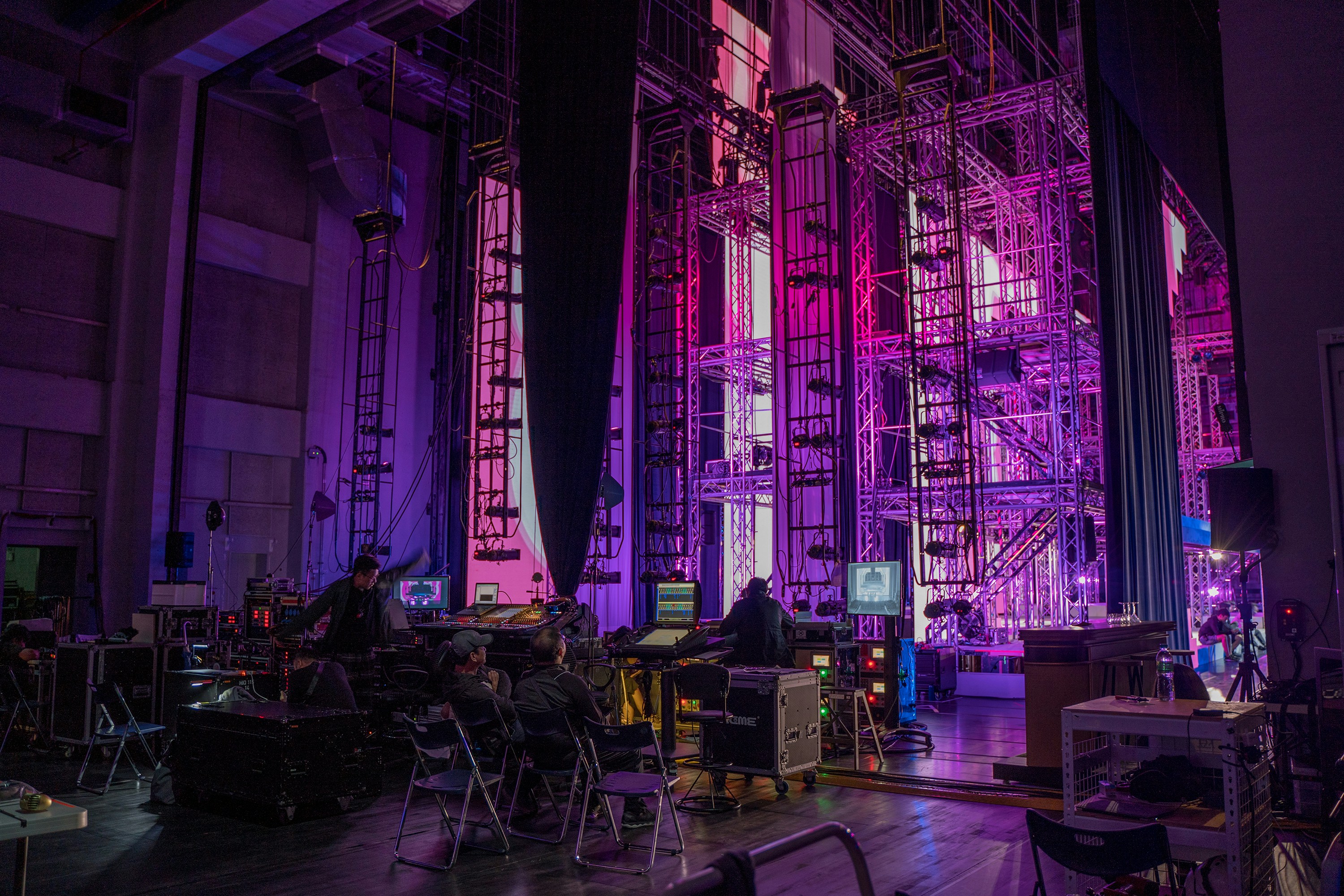Table of Contents
Summary lede: The article introduces the Model Context Protocol (MCP) and its integration with Copilot Studio. MCP is an open protocol designed to standardize how applications provide context to large language models (LLMs). It enables seamless connections to data sources and tools through a client-server architecture, offering features like pre-built integrations, flexibility, security, extensibility, and interoperability.
Copilot Studio and the Model Context Protocol (MCP)
Model Context Protocol (MCP) enables users to integrate with existing knowledge servers and data sources directly within Copilot Studio. Users can unlock a wide range of capabilities by connecting to an MCP server. These integrations allow Copilot Studio to dynamically interact with the MCP server, ensuring that users can leverage the latest tools. This connection simplifies workflows, enhances productivity, and provides a standardized approach to managing AI-driven tasks within the Studio environment.
Connecting to an MCP server provides access to various resources and tools. These include:
- Resources: File-like data that client applications can read, such as API responses or file contents.
- Tools: A language model can call functions to perform specific tasks.
- Prompts: Predefined templates designed to accomplish particular objectives efficiently.
Currently, Copilot Studio supports only tools, and this functionality is still in the preview stage as of the original publication date. To utilize MCP, Generative Orchestration must be activated.
Overview of the Model Context Protocol (MCP)
The Model Context Protocol (MCP) is an open and versatile protocol designed to standardize how applications provide context to large language models (LLMs). Imagine MCP as the AI equivalent of a USB-C port—a universal connector that simplifies and unifies how AI applications interact with various data sources and tools. As USB-C enables seamless connections between devices and peripherals, MCP provides a consistent and reliable framework for integrating AI models with diverse resources.
By adopting MCP, developers and organizations can eliminate the complexities of managing multiple, incompatible integrations. MCP ensures that AI applications can access the right context, whether from local files, databases, APIs, or other external services. This standardization streamlines workflows and enhances the flexibility, security, and scalability of AI-driven solutions. MCP is a game-changer for those looking to harness the full potential of LLMs in a structured and efficient manner.
Core Architecture
At its foundation, the Model Context Protocol (MCP) operates on a client-server framework, enabling seamless interaction between applications and data sources. The architecture is composed of the following components:
MCP Hosts: Applications such as Claude Desktop, integrated development environments (IDEs), or AI-powered tools that require access to data via MCP.
MCP Clients: Protocol clients that establish and maintain one-to-one connections with MCP servers.
MCP Servers: Lightweight applications that use a standardized MCP framework to expose specific functionalities and resources.
Local Data Sources: Files, databases, and services stored on your local machine that MCP servers can securely access and utilize.
Remote Services: External platforms or systems accessible over the internet, such as APIs, which MCP servers can connect to for additional capabilities.
Unique Values of MCP
MCP provides several unique values that make it a powerful tool for integrating AI models with various data sources and tools:
- Built-in Integrations: MCP includes a variety of ready-to-use integrations, enabling your LLM to connect with data sources effortlessly. This minimizes the setup and maintenance workload.
- Adaptability: MCP supports seamless transitions between different LLM providers and platforms, allowing you to select the most suitable options for your requirements.
- Data Security: MCP adheres to industry-standard security practices, ensuring that your data remains protected within your infrastructure while being accessed by AI systems.
- Unified Approach: MCP offers a consistent framework for linking AI models to data sources, simplifying development, and ensuring compatibility across diverse tools and systems.
- Customizability: MCP is built to be customizable, allowing developers to design unique integrations and tools that align with the protocol. This ensures that MCP evolves alongside the needs of AI applications.
- Cross-Compatibility: MCP fosters seamless interaction between various AI models, tools, and data sources, eliminating compatibility challenges within your AI ecosystem.
- Community-Driven Development: As an open protocol, MCP thrives on contributions and feedback from the developer community, ensuring it remains relevant and practical for real-world applications.
- Comprehensive Resources: MCP offers detailed documentation and robust support to help developers implement the protocol efficiently, enabling faster adoption and utilization.
- Future-Ready: MCP is designed to evolve with advancements in AI and data technologies, ensuring its relevance as new tools and innovations emerge.
How does MCP work in combination with Copilot Studio?
Each tool published by the MCP server is automatically added as an action in Copilot Studio. Names, descriptions, inputs, and outputs are inherited from the server. Copilot Studio dynamically reflects these changes as tools are updated or removed on the MCP server, ensuring that servers always have the latest versions and that obsolete tools are removed. A single MCP server can integrate and manage multiple tools, each accessible as an action within Copilot Studio.
Supported transports
In MCP, transports are the foundation for client-server communication. They handle the mechanics of sending and receiving messages. Currently, Copilot Studio only supports the Server-Sent Events (SSE) transport. The feature is currently in preview in environments in preview regions and will soon be available across all environments.
Create a custom MCP connector
With your MCP server configured, the next step involves setting up a custom connector using Power Apps or Power Automate. This connector is a bridge, enabling seamless communication between your MCP server and Copilot Studio. To create this custom connector, you will need an OpenAPI specification YAML file that defines the API of your MCP server.
Follow these steps to configure the custom connector:
-
Navigate to the Agents section in the left-hand navigation menu of Copilot Studio.
-
Select the agent you wish to configure from the list of available agents.
-
Open the Actions tab for the selected agent.
-
Click on Add an action to initiate the process.
-
Choose the New action option from the available choices.
-
Select New custom connector. This action will redirect you to Power Apps, where you can create the custom connector.

-
In Power Apps, click on New custom connector and select the Import OpenAPI file option.

-
Locate the OpenAPI specification YAML file for your MCP server on your local machine and upload it by selecting Import.
-
Once the file is successfully imported, click Continue to finalize the setup process in Power Apps.
For detailed guidance on creating custom connectors in Power Apps, refer to the official documentation: Import the OpenAPI definition.
Completing these steps will make your custom connector ready for use in Copilot Studio, enabling smooth integration with your MCP server and its associated tools.
{. note} Ensure your custom connector includes the tags “Agentic” and “McpSse” so they appear in Copilot Studio after creation.
example schema file
swagger: '2.0'
info:
title: Contoso
description: MCP Test Specification, showing the MVP spec to work in Copilot Studio
version: 1.0.0
host: contoso.com
basePath: /
schemes:
- https
definitions:
QueryResponse:
type: object
properties:
jsonrpc:
type: string
id:
type: string
method:
type: string
params:
type: object
result:
type: object
error:
type: object
paths:
/sse:
get:
summary: MCP Server Actions
parameters:
- in: query
name: sessionId
type: string
required: false
produces:
- application/json
responses:
'200':
description: Immediate Response
schema:
$ref: '#/definitions/QueryResponse'
'201':
description: Created and will follow callback
operationId: InvokeMCP
tags:
- Agentic
- McpSse
securityDefinitions: {}
security: []
Add an existing MCP action to an agent
To integrate an existing MCP action into an agent within Copilot Studio, follow these detailed steps:
-
Navigate to the Agents section in the left-hand navigation menu.
-
Select the specific agent you wish to configure from the list of available agents.
-
Access the Actions tab for the chosen agent.
-
Click on Add an action to begin the process.
-
Choose the Connector option. This will display a list of available connectors, including MCP ones.
-
Locate and select the desired MCP connector from the list of options.
-
Complete the authorization process by providing the required credentials or configuration details.
-
Click Next to finalize the integration once the connection is authorized.
Completing these steps will add the selected MCP action to your agent, enabling seamless interaction with the MCP server and its associated tools.
Conclusion
The Model Context Protocol (MCP) represents a significant step in standardizing how AI applications interact with data sources and tools. Its integration with Copilot Studio unlocks new possibilities for developers and organizations, enabling seamless workflows, enhanced productivity, and a unified approach to managing AI-driven tasks. By leveraging MCP, users can simplify complex integrations, ensure data security, and future-proof their AI solutions.
Additional Resources
For more information on MCP and its integration with Copilot Studio, explore the following resources:
- Model Context Protocol (MCP) Overview
- Copilot Studio Documentation
- Creating Custom Connectors in Power Apps
- Server-Sent Events (SSE) in MCP
- OpenAPI Specification
- Best Practices for Secure AI Integrations
These resources provide detailed guidance and insights to help you maximize the potential of MCP and Copilot Studio in your AI projects.





Start the conversation